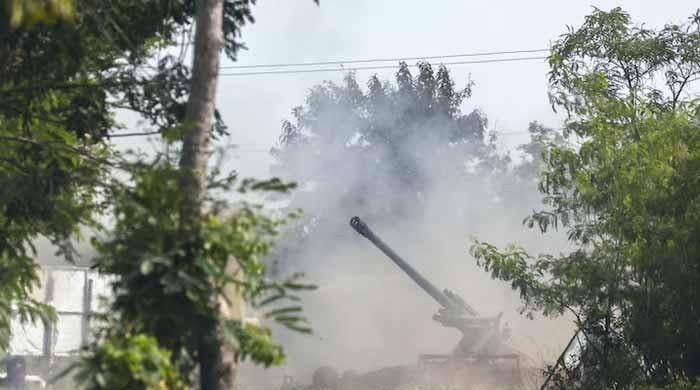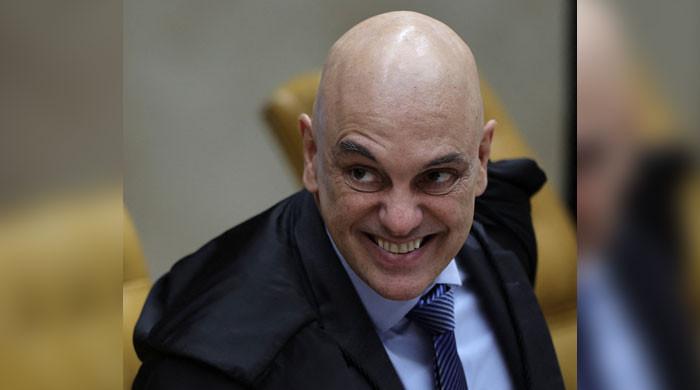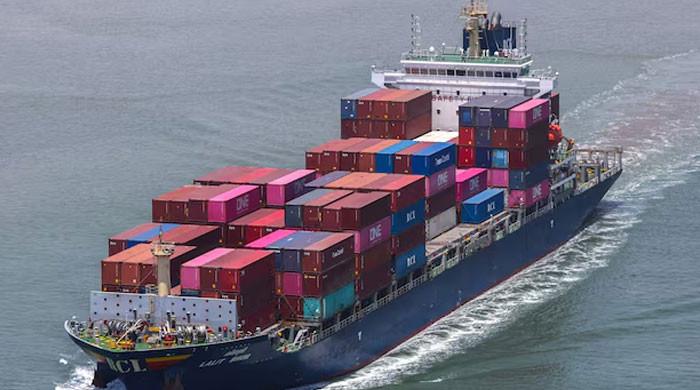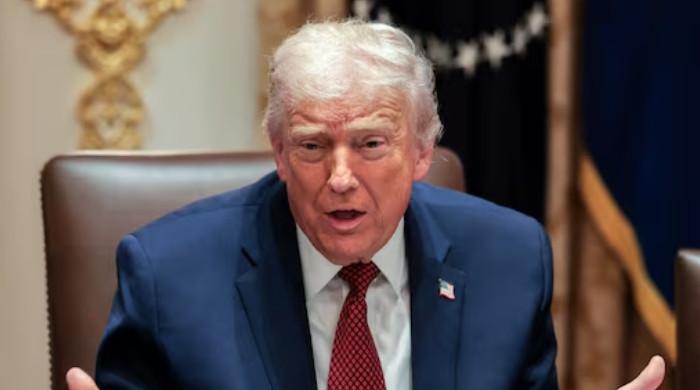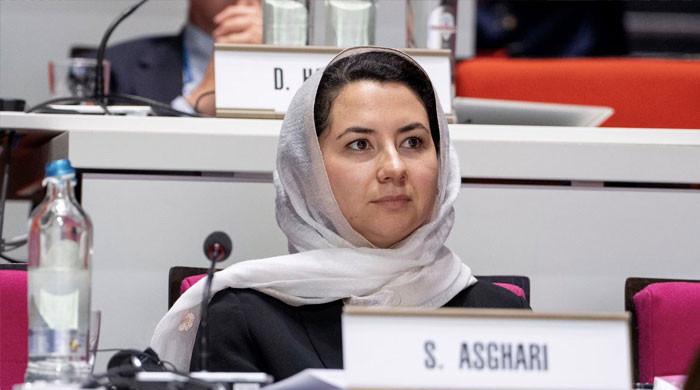US President Trump authorises resumption of military training program for Pakistan
Announcement made hours after COAS General Bajwa spoke to US Secretary of State Pompeo
January 04, 2020
United States President Donald Trump on Friday authorised the resumption of the International Military Education and Training Program (IMET) for Pakistan in order to strengthen military to military cooperation between the two countries and advance US national security.
The announcement was made in a message on Twitter by the Bureau of South and Central Asian Affairs at the US Department of State, and signed by United States Principal Deputy Assistant Secretary for South and Central Asian Affairs Alice Wells.
"To strengthen military to military cooperation on shared priorities and advance US national security, President Donald Trump authorised the resumption of International Military Education and Training (IMET) for Pakistan. The overall security assistance suspension for Pakistan remains in effect," the State Department said.
Also read: Iran-US tensions: Pakistan urges all parties to exercise 'maximum restraint'
The announcement comes two weeks after the US State Department had publicly acknowledged that the US would resume military training program for Pakistan, and just a few hours after Chief of Army Staff (COAS) Qamar Javed Bajwa spoke to US Secretary of State Mike Pompeo.
The conversation between COAS General Bajwa and the top US diplomat had focused on the regional security situation following the US drone strike in Baghdad that had resulted in the killing of top Iranian general Qassem Soleimani, sparking global outcry.
"Pakistan's Chief of Staff General Bajwa and I spoke today about US defensive action to kill Qassem Soleimani. The Iran regime’s actions in the region are destabilizing and our resolve in protecting American interests, personnel, facilities, and partners will not waver," Pompeo had tweeted.
Also read: US to resume military training programme for Pakistan: State Department
Resumption to support US national security interests
Last month, it had been reported that the Trump administration had approved a resumption of Pakistani participation in the coveted US military training and educational programme more than a year after it was suspended, the State Department said.
The decision to resume Islamabad’s participation in the IMET — for more than a decade a pillar of US-Pakistani military ties — underscored the warming relations that have followed meetings this year between the US president and Pakistani Prime Minister Imran Khan.
A State Department spokeswoman said in an email that Trump’s 2018 decision to suspend security assistance authorised “narrow exceptions for programmes that support vital US national security interests.” The decision to restore Pakistani participation in IMET was “one such exception,” she said.
Also read: Pompeo phones Gen Bajwa to discuss 'defensive action' of killing Soleimani
Restart subject to approval by Congress
The programme “provides an opportunity to increase bilateral cooperation between our countries on shared priorities,” she added. “We want to continue to build on this foundation through concrete actions that advance regional security and stability.”
The restart of the programme, however, is subject to approval by Congress. Republican and Democratic aides for the Senate and House of Representatives committees with jurisdiction over the process did not immediately respond to requests for comment.
The State Department administers IMET. It was a small facet of US security aid programmes for Pakistan worth some $2 billion that remain suspended on orders that Trump abruptly issued in January 2018 to compel the nuclear-armed South Asian nation to crackdown on militants
Also read: US oil workers leave Iraq after Iranian general's killing
What is the IMET?
IMET affords spaces to foreign military officers at US military education institutions, such as the US Army War College and the US Naval War College. A second US official said on condition of anonymity that Pakistan was in the process of selecting officers to send to the United States.
Pakistan’s suspension from the programme in August 2018 prompted the cancellation of 66 slots set aside that year for Pakistani military officers in one of the first known impacts of Trump’s decision to halt security assistance.
The US military traditionally has sought to shield such educational programmes from political tensions, arguing that the ties built by bringing foreign military officers to the United States pay long-term dividends.




